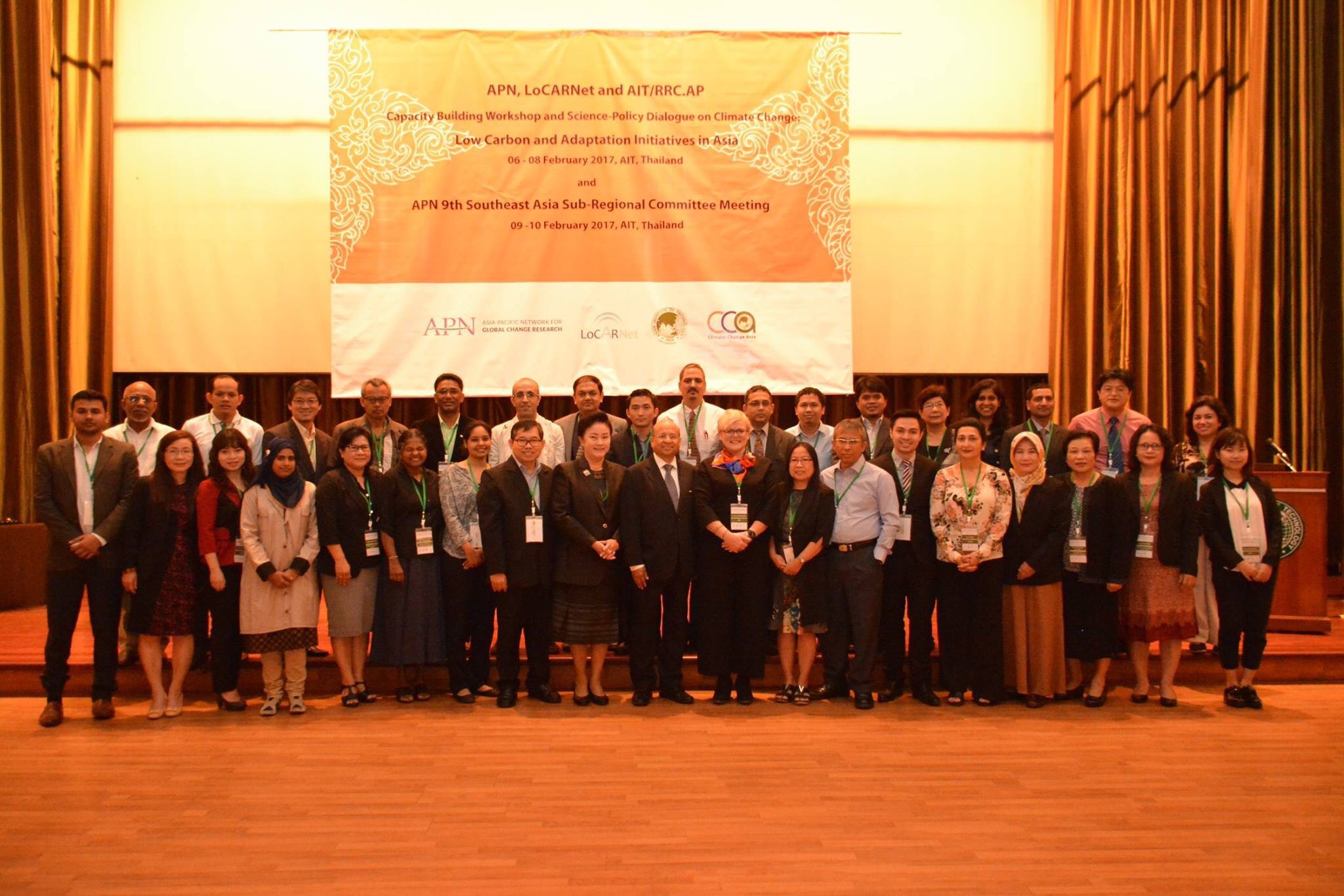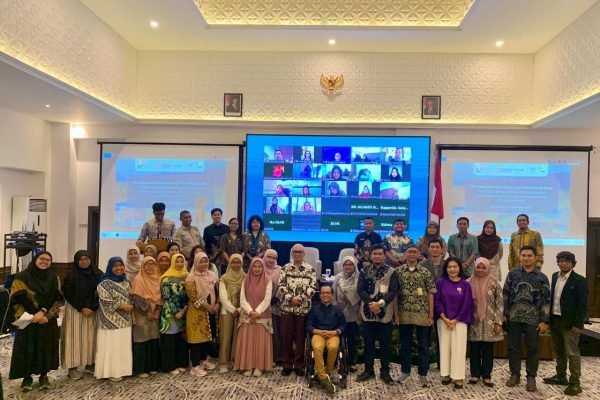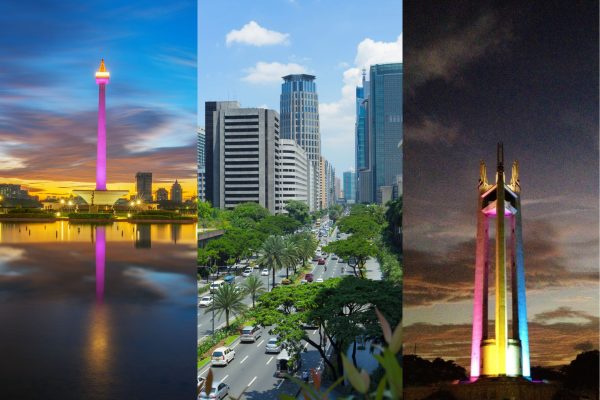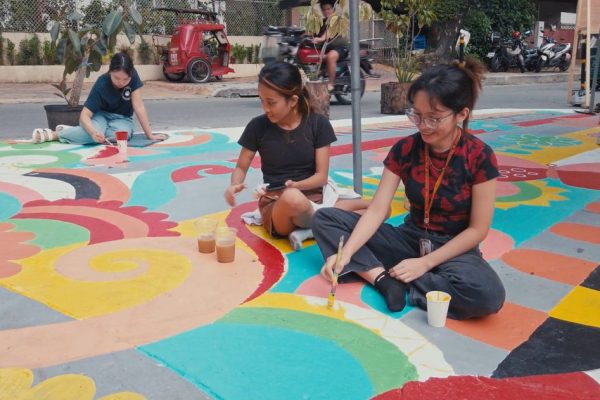Climate scientists, academics, government representatives, practitioners and civil society representatives across the Asia Pacific joined the science-policy dialogue.
ICLEI SEAS joined climate scientists, academics, government representatives, practitioners and civil society representatives at a capacity building workshop and science-policy dialogue co-organized by the Asia Pacific Network (APN), LoCARNet and Regional Resource Centre for Asia and the Pacific, and the Asian Institute of Technology (AIT/RRC.AP) at the AIT campus in Pathum Thani, Thailand from 6-8 February.
The three-day event focused on low carbon and adaptation initiatives in Asia, anchored on the common aim of strengthening the global response to climate change set forth in Article 2 of the Paris Agreement. It was also a celebration of four years of support for low carbon development by both the APN and LoCARNet. The APN is an intergovernmental network that promotes policy-oriented research and capacity-building activities while the LoCARNet is a network of researchers that facilitates the formulation and implementation of science-based policies for low-carbon development in the Asian region.
Mr. Marvin Lagonera, Project Officer at ICLEI SEAS, shared some of the organization’s initiatives, accomplishments, challenge and lessons learned in promoting low carbon development in cities across Southeast Asia. He also gave a policy talk on the importance of gender equity in low carbon development for a sustainable Asia.
Mr. Lagonera explained that the gender lens in low carbon development should cut across all levels of governance (regional, national and local), all phases of climate action from planning and decision-making to monitoring and evaluation, and across all focus sectors. A gender-responsive lens also requires a multidimensional, integrated framework to low carbon development, moving from a climate-first understanding towards a broader sustainable development, rights-based approach.
He argued that synergies between low carbon development and gender equity must be pursued, highlighting not only the technological and economic aspects of climate change mitigation but also institutional settings, power relations and gendered impacts. Moving forward, Mr. Lagonera proposed various strategies that countries can employ to promote gender responsiveness such as developing gendered capacity building programs, promoting gendered knowledge products and tools, and promoting gender-sensitive performance monitoring systems. His presentation can be accessed through this link.




